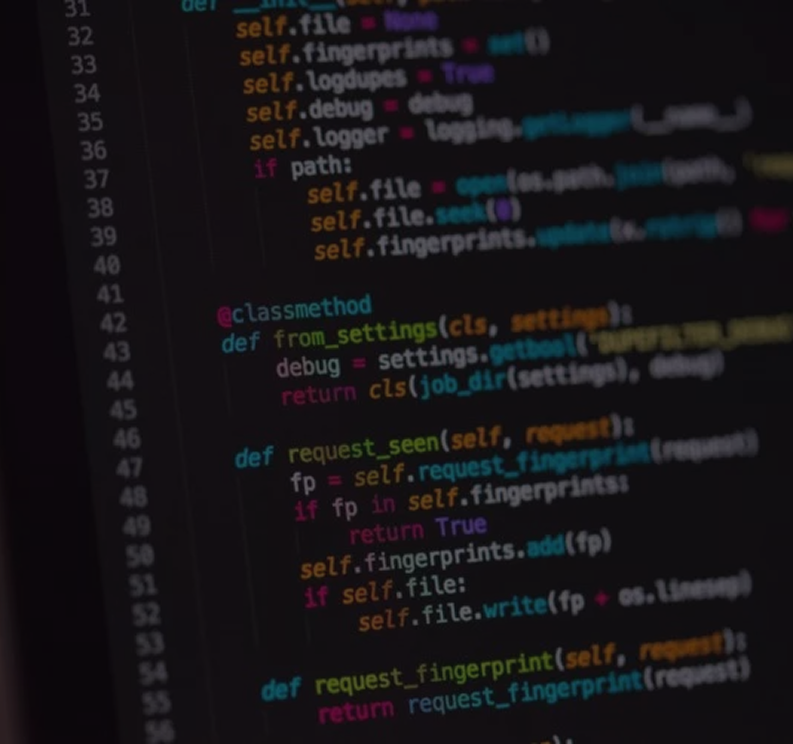What do the sites we visit know about us? An Italian startup helps us understand it
ROME - What do the sites we visit every day know about us? Geographical location, IP address, Facebook account, names, email: every time we connect to a page dozens of data pass through the network and are managed by different platforms for the most varied purposes. However, it is difficult for an ordinary user to trace all the uses made of their data, unless they have deep technical knowledge or a lot of time to dedicate to reading “privacy policies”, those documents required by law, long and boring, often confined to hidden links. Yet an all-Italian startup could soon remedy this situation, Iubenda, launched a few hours ago but very promising.
Iubenda's idea, simple and at the same time revolutionary, is this: to show on a quick screen and with a click all the uses that are made of personal information on a site, without going through documents or improvising as lawyers. And that the management of online privacy is a sensitive topic is demonstrated by news stories, even recent ones: the imposed stop from the European Union to Google, access to the numbers of the Path social network address book or the periodic controversy over Facebook settings, just to give an example.
“Working on other projects, I was always faced with the problem of creating a privacy management policy,” he explains to Repubblica Andrea Giannangelo, founder of Iubenda. “Now the Creative Commons system (copyright management ed.) has existed for years, but something like this is not there for privacy and for those who work on the web it is a huge waste of time.” On the one hand, there are therefore the site managers who perceive it as a burden (mandatory by law) to have to explain the use of data on their portals, and on the other, the users who then do not even read those explanations.
“We offer a simple and elegant service and with a few clicks you can generate a policy referring to European legislation, one of the most stringent - continues Giannangelo - while a legal team is constantly working to monitor any changes, so that those who manage a site no longer have to worry about these aspects.”
In the test of Repubblica, Iubenda proved to be simple to use for those who want to generate their policy and easy to consult for the end user. In fact, the creation of the document involves a widget system: just add the services that your site uses, whether they are the Facebook like button or Google analytics (which involve the use of the IP address and the creation of a cookie through a browser) or another of the 27 most used services. If everything goes smoothly on the management side, it's even better on the user side. In fact, the final document generated has two different views: there is the more strictly “legal” one and the simplified one, which through icons reveals at a glance what data the site processes and what use is made of it. The result led Iubenda to generate 1,500 policies in a single day, in addition to collecting positive reviews also from the Anglo-Saxon press.” Our goal is to simplify the legal world through technology,” Giannangelo continues. “And there are a lot of other new features that we will introduce in the coming months.” How promising the sector can be is then demonstrated by the financing of 100,000 euros received by Iubenda from well-known investors in the Italian technology scene such as Marco Magnohorse, Andrea Di Camillo and the Digital Investment fund Sca Sicar, with DPixel advisor.
But that of Iubenda is a story that goes beyond the product it offers and starts with the founder Andrea Giannangelo, a 22-year-old startup from Abruzzo and Bolognese by adoption. In addition to him, the Iubenda team includes Domenico Vele, a 38-year-old developer, and Carlo Rossi Chauvenet, a lawyer in his thirties, divided between Milan and Bologna. Italian ideas, teams and funding demonstrate once again the liveliness of the web sector in our country, which in recent years seems to have awakened from the torpor following the end of the dotcom bubble, such as the victory of the Italian Beintoo at the last edition of LeWeb has recently demonstrated.” In my experience, being in Italy has never been a big limit - explains Giannangelo - the Italian environment has differences and we must be able to take advantage of these. Staying in Italy is not a religion, just as it is not going away, but things are changing at great speed and the system has begun to move together, to support each other and to work as a team.”
Read the original article: www.republia.it/technology




